What do we know about dramatic meltdowns in the US stock market? In our recent memory, we’ve had three. In two of them, 1999-2000 and in 2007-2008, the writing was on the wall well before the fall. In the first, start-up companies with no earnings had colossal stock market valuations. In the second, tiered mortgage-backed securities for homeowners making no down payments were being sold to the general public. The third, in 2020, was in response to the global economy shutting down abruptly in response to the worldwide Covid-19 outbreak.
For the two we could prepare for, we focused on holding high-quality US equities in our clients’ portfolios and focused on having enough cash to weather the 18 to 24 months it might take for the market to get back to the business of the economy. For the one that just appeared in 2020, we were glad we held high-quality US equities in our clients’ portfolios and tried to adjust cash as needed.
As a firm we have not viewed these events as buying opportunities. That is a discussion better held between client and portfolio manager on an individual basis. As a firm we think of them as similar to severe weather events, with the emphasis on riding out and surviving the hurricane.
Global Affairs
Also, we don’t spend a lot of time trying to make sense of geopolitics. We have watched with alarm as the totalitarian states of China, Russia, Iran and North Korea (the CRINKs) have been emphasizing their brute strength over fairly competing in the world economic order. This past summer we finally heard a French businessman heavily involved in European Union affairs say that Europe was at economic war with China and had better wake up.[1] A belated revelation for him and, if they listen, for Europe.
We don’t believe that our theory of investment, owning high-quality US stocks, works in every situation. As we’ve mentioned before, China invading Taiwan is an event which we believe would cause our theory to fail or, at least, be severely tested.
We don’t presume to understand or to predict global affairs. However, we can be inclined towards a particular perspective. President Trump has his own reasons for focusing on tariffs. We recently heard his speeches and remarks from the 1980s, which are surprisingly similar to the remarks he’s made recently.[2] He is following through on what he believes, right or wrong. If we believe that the worst outcome economically comes from brute force, then a strategy that, at least, starts as purely economic warfare (tariffs) could serve the purpose of engaging the enemy with minimal bloodshed. We are inclined to believe that this method of engaging the CRINKs is preferable. We don’t know whether it will be contained to economic matters. There are so many variables at play that a “bomb thrown in Sarajevo” as in 1914 could start the worst case of cascading events.
However, because there are so many variables, we believe we should focus on what we can control. We choose to provide the same theory of investment that has served our clients well for more than 90 years: Buy high-quality US companies for client portfolios and hang on.
Part of our decision-making over these last three financial crises involved considering where else assets could be invested. As we’ve described in past QMP articles, the financial world can put a new spin on old ideas to suit the fears of investors in any financial crisis. We believe that uncertainty is harmful to any long-term financial or business planning. However, we actually live in an uncertain world and, at a granular level, our portfolio managers have to make decisions about a particular company’s prospects before the good news happens. If they wait until it’s generally known, the price of the stock will already have gone up.
Private Equity and Cash
The word on private equity this quarter is just a fact. “Firms across the industry are sitting on 29,000 unsold companies worth $3.6 trillion, many of which were bought at the peak of the market, when interest rates were lower, according to Bain & Co. That is up from around 22,000 companies worth $1.6 trillion in 2019.”[3] And several large financial firms want to securitize slices of these investments and sell them to the general public. Watch out.
The word on cash in investment portfolios, which we agree with, is to hold it. One Wall Street Journal article advises: “Have more cash than usual.”[4] The author goes on to say that “when choosing a safe asset, it’s just as important to know who else owns it as to think about its fundamental properties. If they all sell in a panic, you’re stuck with something worth a lot less if you need to sell in a hurry.”[5] Under times of intense financial pressure, even high-quality stocks sell off, which makes holding “more cash than usual” all the more important.
Do you know anyone who would benefit from Woodstock’s investment management philosophy? We know that you are the most valuable business development tool that we have. Your referral of a friend, colleague or family member to us is the most important way that we grow. We thank you for your support and want you to know that we’re dedicated to serving your best interest.
William H. Darling, Chairman & CEO
Adrian G. Davies, CFA — President
